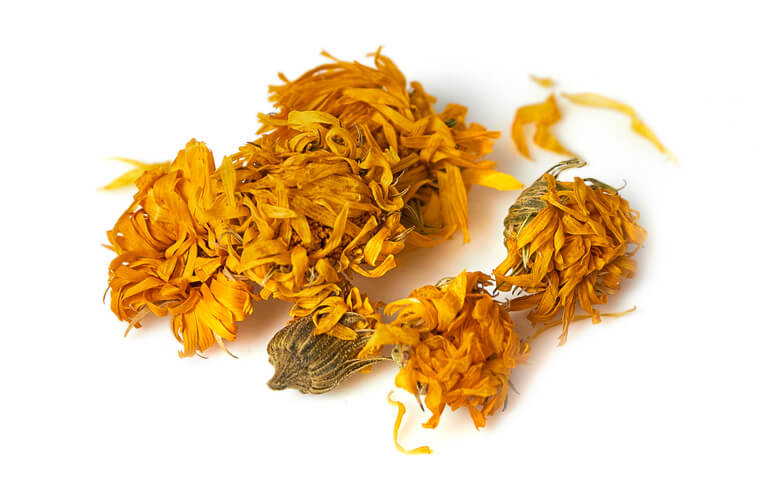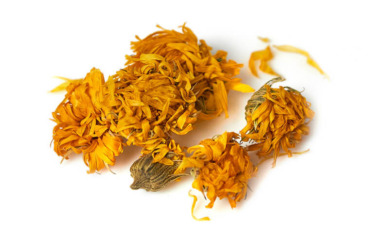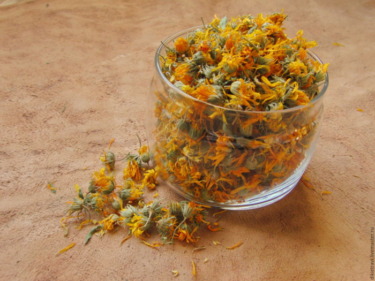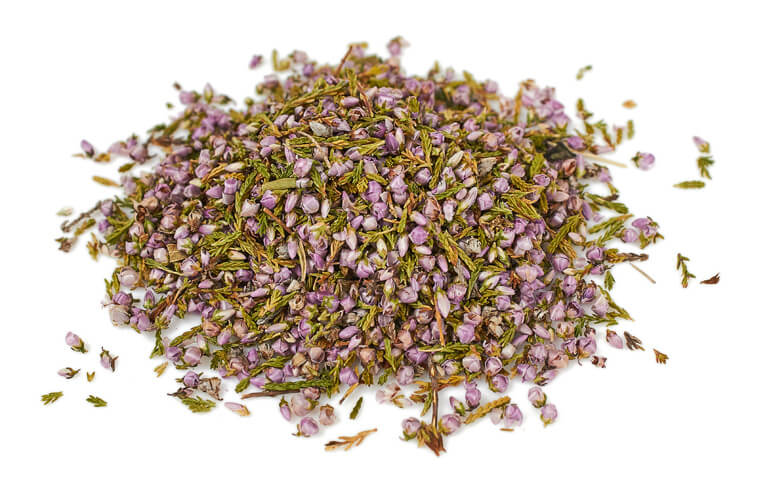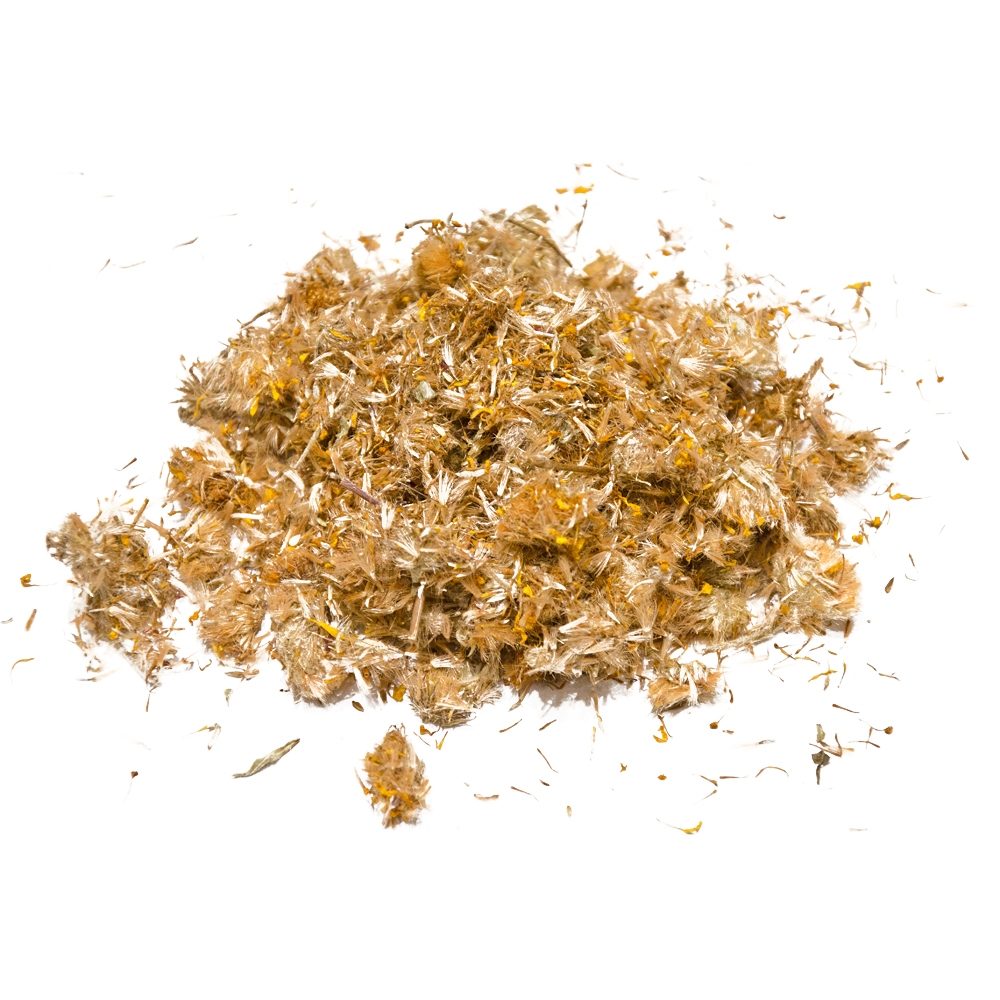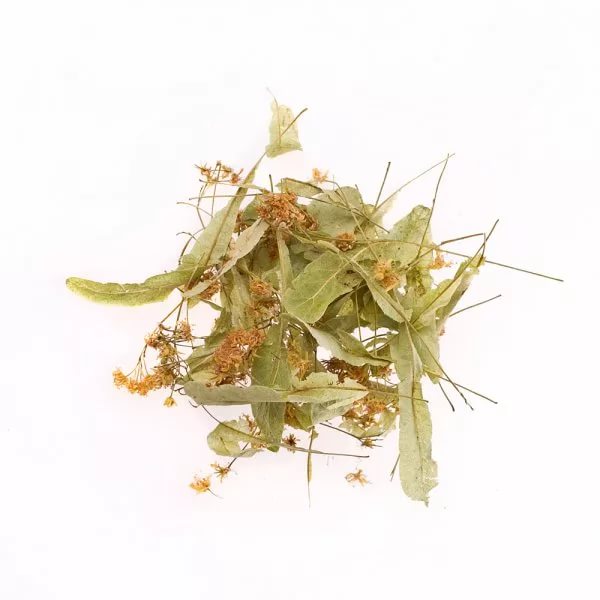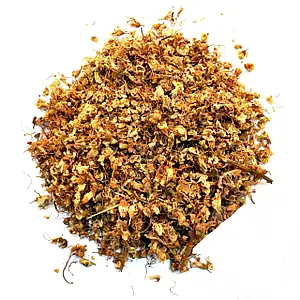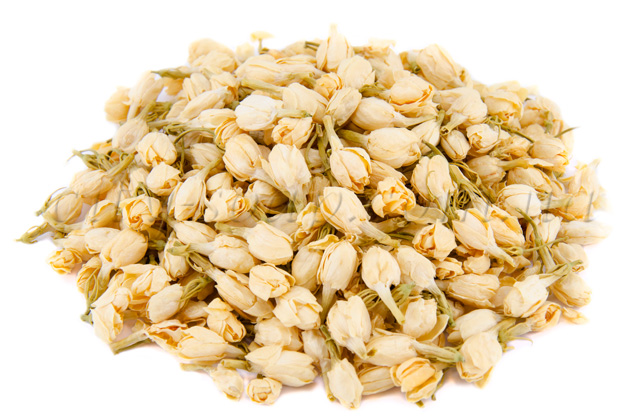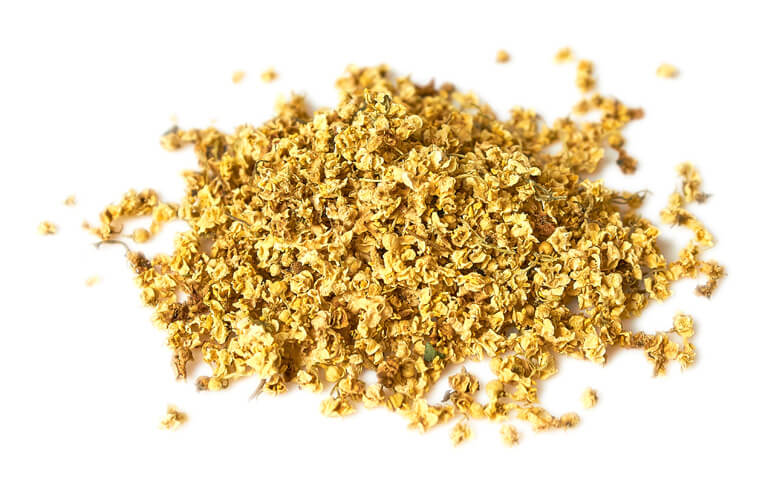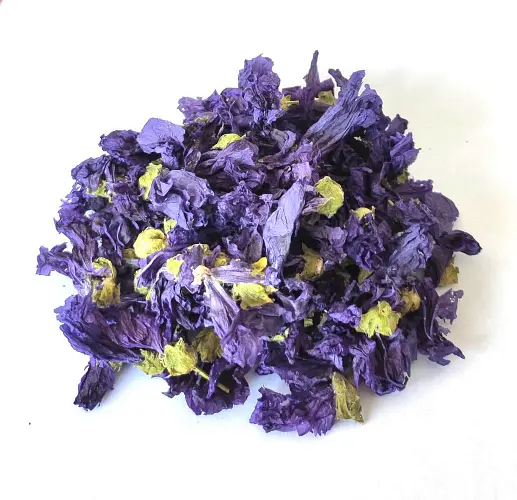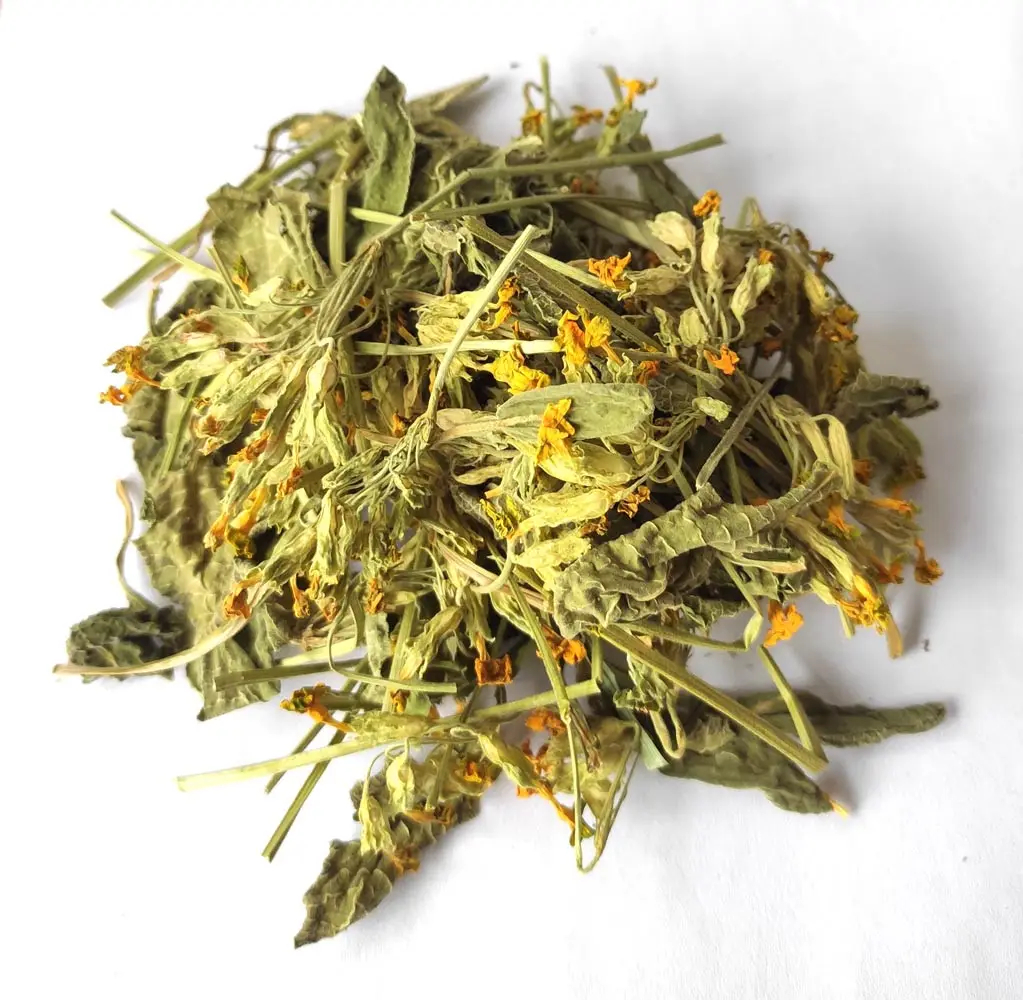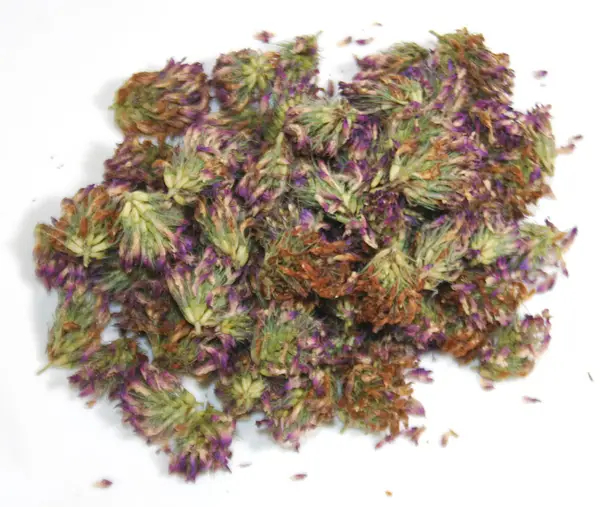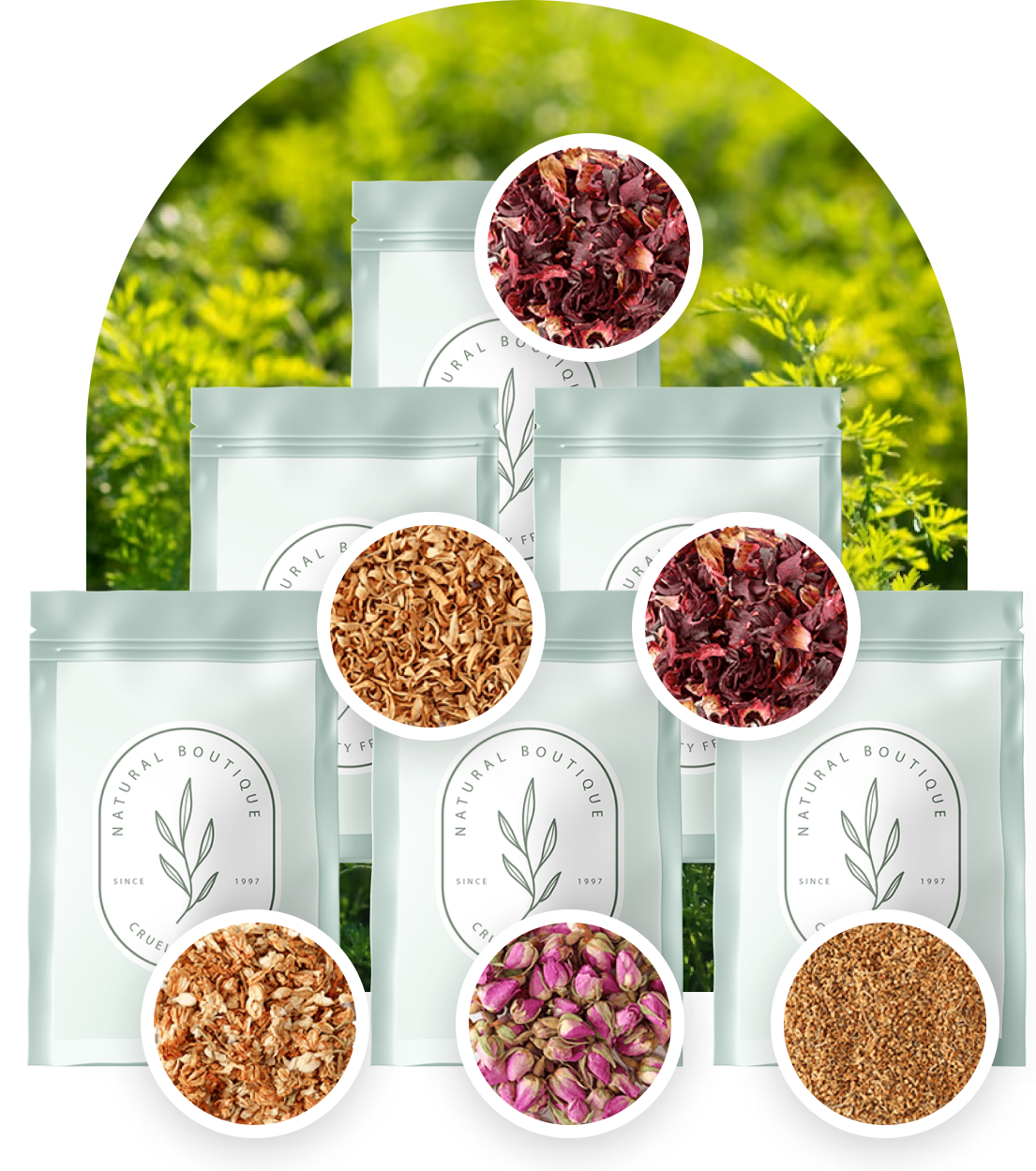Calendula has a pronounced anti-inflammatory, antimicrobial, antiviral, healing and anti-cramping effect; it helps to improve regeneration processes; activates the secretion of gastrointestinal juices; stimulates the formation and secretion of bile; has a relaxing and antiarrhythmic effect. It also shows activity in preventing cancer. Calendula has demonstrated high effectiveness as an antiviral agent against influenza type A and A2, and has also shown the ability to inhibit the reproduction of viruses.
Calendula has anti-inflammatory, healing and antimicrobial properties. It exhibits antiviral activity, accelerates regeneration processes, prevents scarring at the site of injury, stimulates the production of liver and biliary secretions, has an antispasmodic effect and lowers blood pressure.
Internal use of calendula infusion is included in the complex treatment of erosive gastritis, enterocolitis, colitis and peptic ulcer. In case of liver and biliary system diseases, calendula functions as a choleretic agent.
Rinsing the mouth with calendula flower infusion is effective against cough and inflammatory diseases of the upper respiratory tract. It is used for sore throat, laryngitis, stomatitis, gingivitis and periodontal disease.
In folk medicine, calendula infusion is used as a tea substitute for children with childhood rickets and jaundice. This infusion is also useful for stomach disorders. Calendula flowers and leaves are included in eye remedies for purulent lesions.
